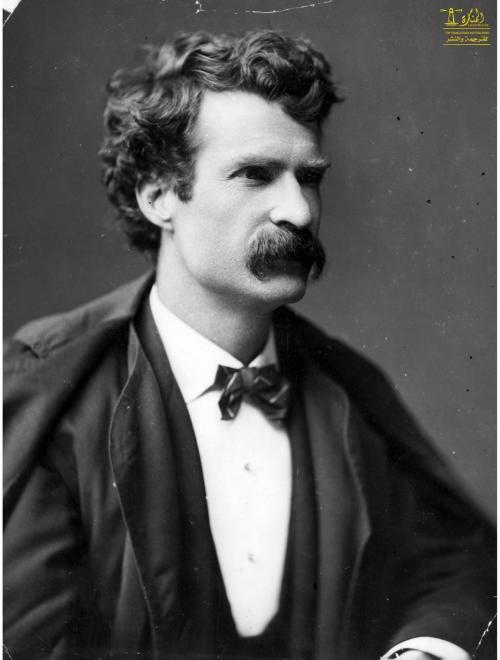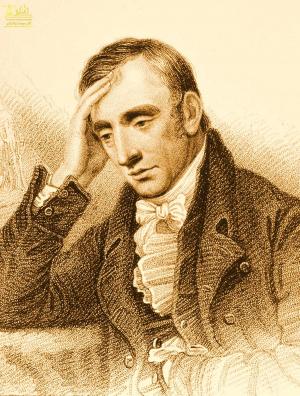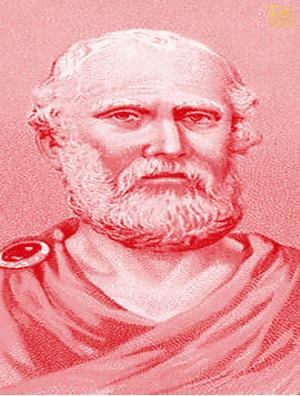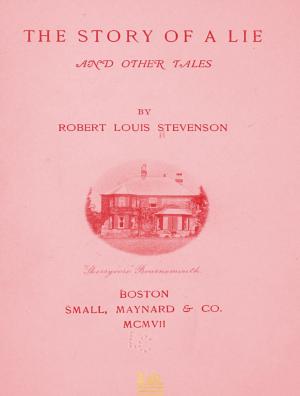The Letters Of Mark Twain, Volume 4, 1886-1900
Nonfiction, Entertainment, Drama, Anthologies, Fiction & Literature, Essays & Letters, Essays| Author: | Mark Twain | ISBN: | 9780599462359 |
| Publisher: | Lighthouse Books for Translation Publishing | Publication: | May 28, 2019 |
| Imprint: | Lighthouse Books for Translation and Publishing | Language: | English |
| Author: | Mark Twain |
| ISBN: | 9780599462359 |
| Publisher: | Lighthouse Books for Translation Publishing |
| Publication: | May 28, 2019 |
| Imprint: | Lighthouse Books for Translation and Publishing |
| Language: | English |
Joseph is perfect. He is at his very best—and never was better in his life. I guess he gets discouraged and feels disliked and in the way when he is lying around—but here he is perfection, and brim full of useful alacrities and helps and ingenuities.
Mark Twain, pseudonym of Samuel Langhorne Clemens, (born November 30, 1835, Florida, Missouri, U.S.—died April 21, 1910, Redding, Connecticut), American humorist, journalist, lecturer, and novelist who acquired international fame for his travel narratives, especially The Innocents Abroad (1869), Roughing It (1872), and Life on the Mississippi (1883), and for his adventure stories of boyhood, especially The Adventures of Tom Sawyer (1876) and Adventures of Huckleberry Finn (1885). A gifted raconteur, distinctive humorist, and irascible moralist, he transcended the apparent limitations of his origins to become a popular public figure and one of America’s best and most beloved writers.
Samuel Clemens, the sixth child of John Marshall and Jane Lampton Clemens, was born two months prematurely and was in relatively poor health for the first 10 years of his life. His mother tried various allopathic and hydropathic remedies on him during those early years, and his recollections of those instances (along with other memories of his growing up) would eventually find their way into Tom Sawyer and other writings. Because he was sickly, Clemens was often coddled, particularly by his mother, and he developed early the tendency to test her indulgence through mischief, offering only his good nature as bond for the domestic crimes he was apt to commit. When Jane Clemens was in her 80s, Clemens asked her about his poor health in those early years: “I suppose that during that whole time you were uneasy about me?” “Yes, the whole time,” she answered. “Afraid I wouldn’t live?” “No,” she said, “afraid you would.”
Insofar as Clemens could be said to have inherited his sense of humour, it would have come from his mother, not his father. John Clemens, by all reports, was a serious man who seldom demonstrated affection. No doubt his temperament was affected by his worries over his financial situation, made all the more distressing by a series of business failures. It was the diminishing fortunes of the Clemens family that led them in 1839 to move 30 miles (50 km) east from Florida, Missouri, to the Mississippi River port town of Hannibal, where there were greater opportunities. John Clemens opened a store and eventually became a justice of the peace, which entitled him to be called “Judge” but not to a great deal more. In the meantime, the debts accumulated. Still, John Clemens believed the Tennessee land he had purchased in the late 1820s (some 70,000 acres [28,000 hectares]) might one day make them wealthy, and this prospect cultivated in the children a dreamy hope. Late in his life, Twain reflected on this promise that became a curse:
It put our energies to sleep and made visionaries of us—dreamers and indolent.…It is good to begin life poor; it is good to begin life rich—these are wholesome; but to begin it prospectively rich! The man who has not experienced it cannot imagine the curse of it.
Joseph is perfect. He is at his very best—and never was better in his life. I guess he gets discouraged and feels disliked and in the way when he is lying around—but here he is perfection, and brim full of useful alacrities and helps and ingenuities.
Mark Twain, pseudonym of Samuel Langhorne Clemens, (born November 30, 1835, Florida, Missouri, U.S.—died April 21, 1910, Redding, Connecticut), American humorist, journalist, lecturer, and novelist who acquired international fame for his travel narratives, especially The Innocents Abroad (1869), Roughing It (1872), and Life on the Mississippi (1883), and for his adventure stories of boyhood, especially The Adventures of Tom Sawyer (1876) and Adventures of Huckleberry Finn (1885). A gifted raconteur, distinctive humorist, and irascible moralist, he transcended the apparent limitations of his origins to become a popular public figure and one of America’s best and most beloved writers.
Samuel Clemens, the sixth child of John Marshall and Jane Lampton Clemens, was born two months prematurely and was in relatively poor health for the first 10 years of his life. His mother tried various allopathic and hydropathic remedies on him during those early years, and his recollections of those instances (along with other memories of his growing up) would eventually find their way into Tom Sawyer and other writings. Because he was sickly, Clemens was often coddled, particularly by his mother, and he developed early the tendency to test her indulgence through mischief, offering only his good nature as bond for the domestic crimes he was apt to commit. When Jane Clemens was in her 80s, Clemens asked her about his poor health in those early years: “I suppose that during that whole time you were uneasy about me?” “Yes, the whole time,” she answered. “Afraid I wouldn’t live?” “No,” she said, “afraid you would.”
Insofar as Clemens could be said to have inherited his sense of humour, it would have come from his mother, not his father. John Clemens, by all reports, was a serious man who seldom demonstrated affection. No doubt his temperament was affected by his worries over his financial situation, made all the more distressing by a series of business failures. It was the diminishing fortunes of the Clemens family that led them in 1839 to move 30 miles (50 km) east from Florida, Missouri, to the Mississippi River port town of Hannibal, where there were greater opportunities. John Clemens opened a store and eventually became a justice of the peace, which entitled him to be called “Judge” but not to a great deal more. In the meantime, the debts accumulated. Still, John Clemens believed the Tennessee land he had purchased in the late 1820s (some 70,000 acres [28,000 hectares]) might one day make them wealthy, and this prospect cultivated in the children a dreamy hope. Late in his life, Twain reflected on this promise that became a curse:
It put our energies to sleep and made visionaries of us—dreamers and indolent.…It is good to begin life poor; it is good to begin life rich—these are wholesome; but to begin it prospectively rich! The man who has not experienced it cannot imagine the curse of it.















